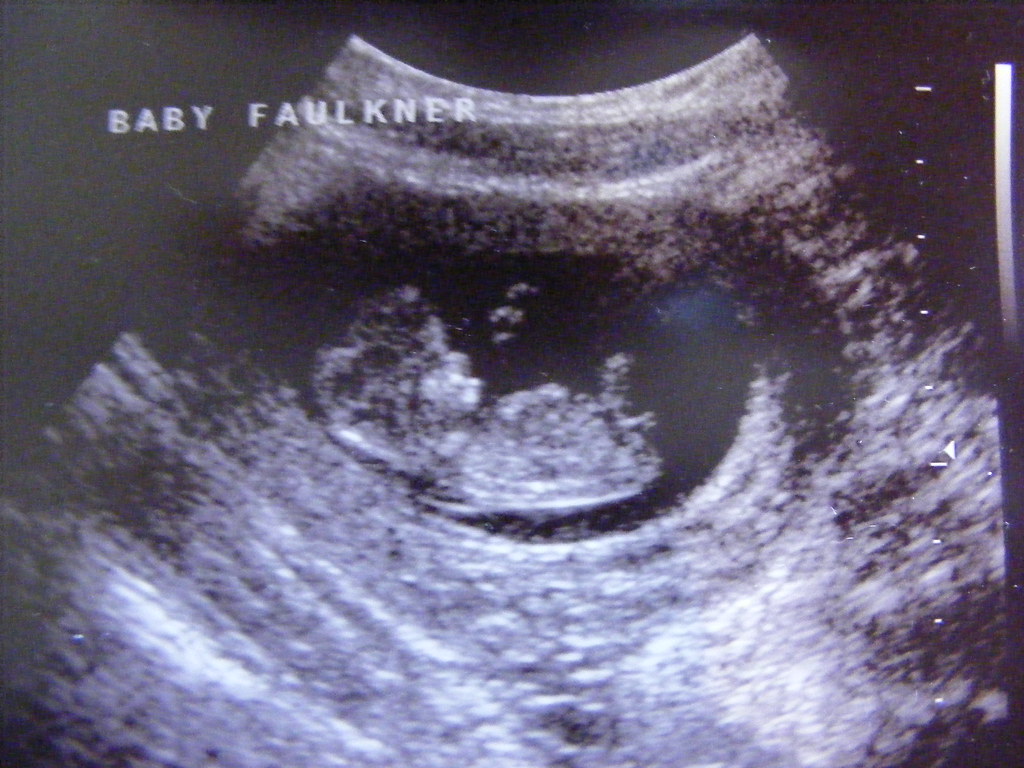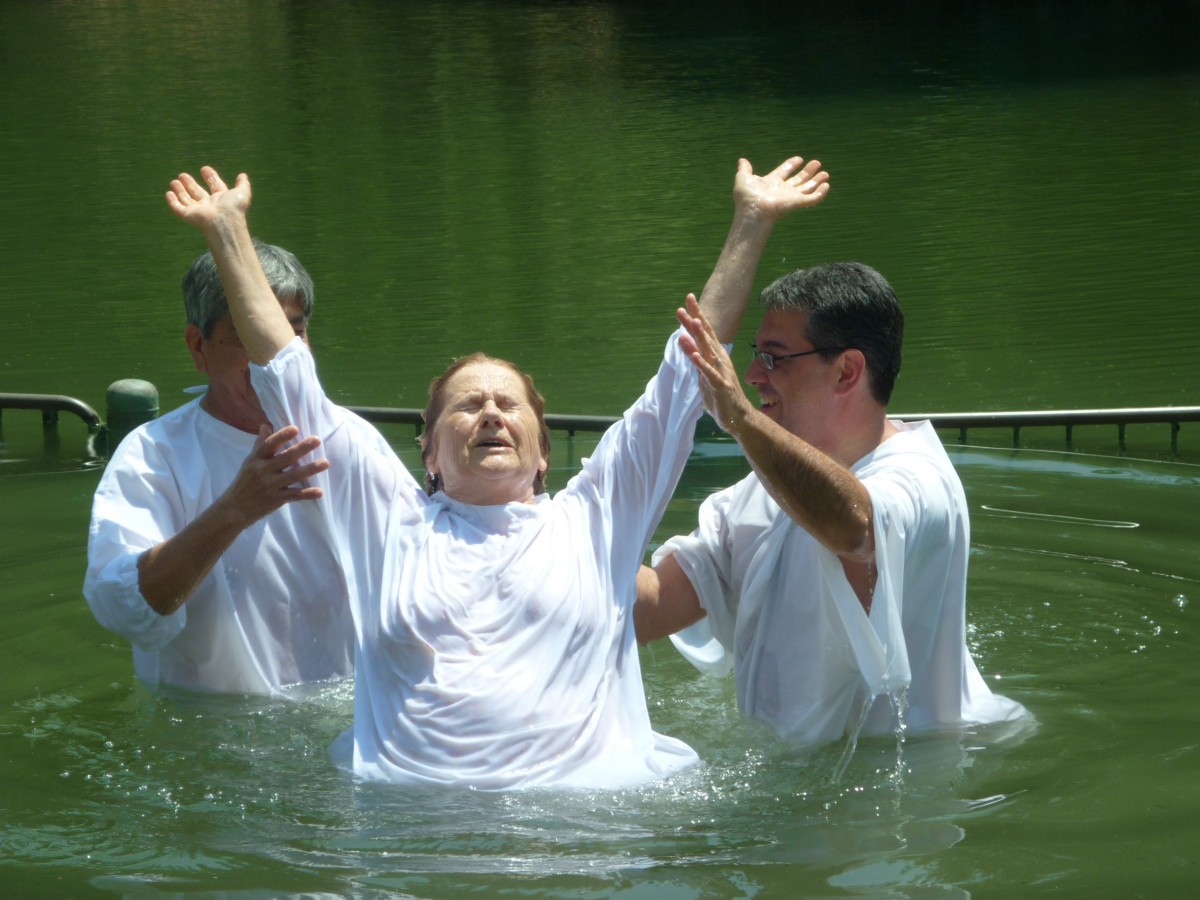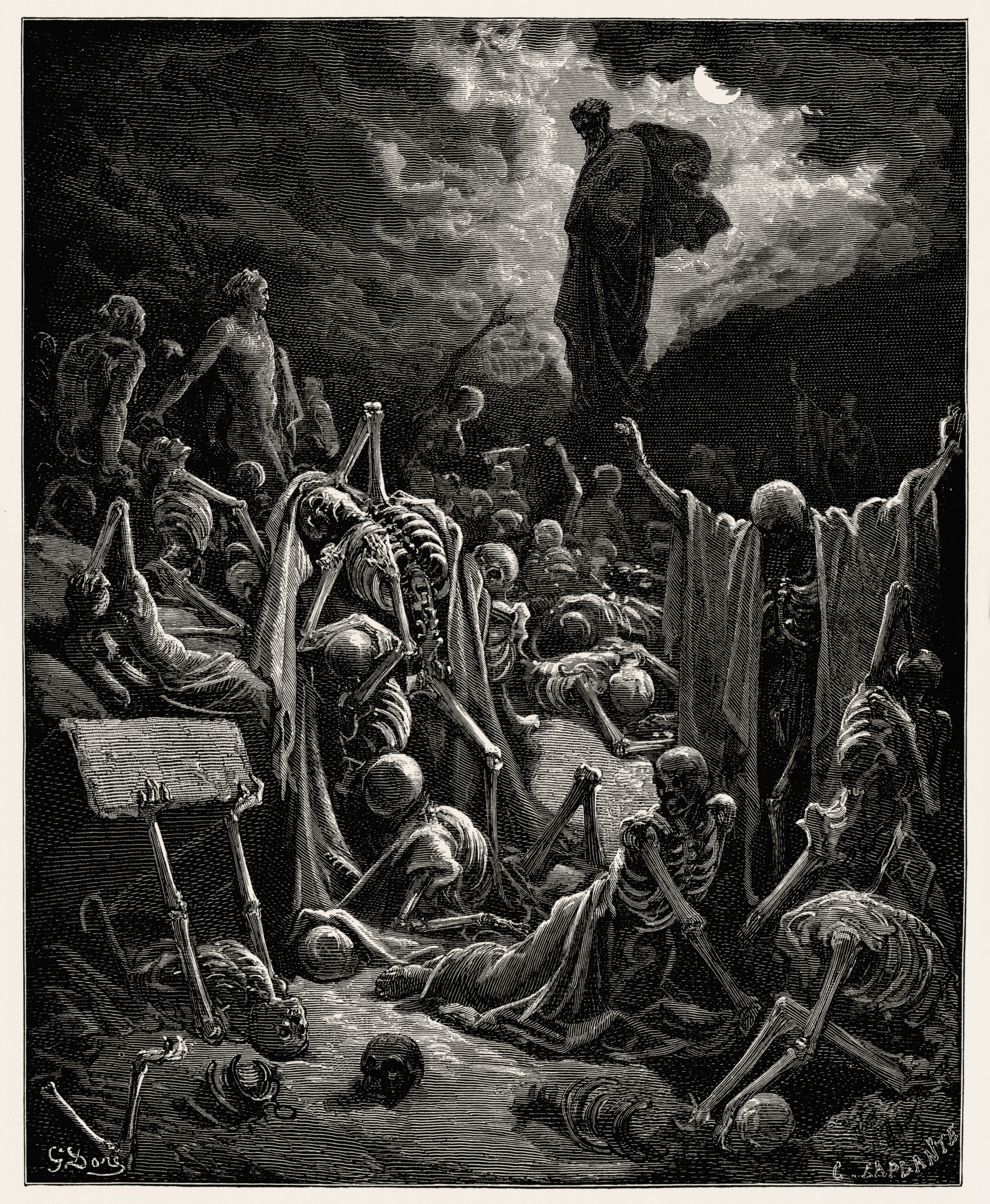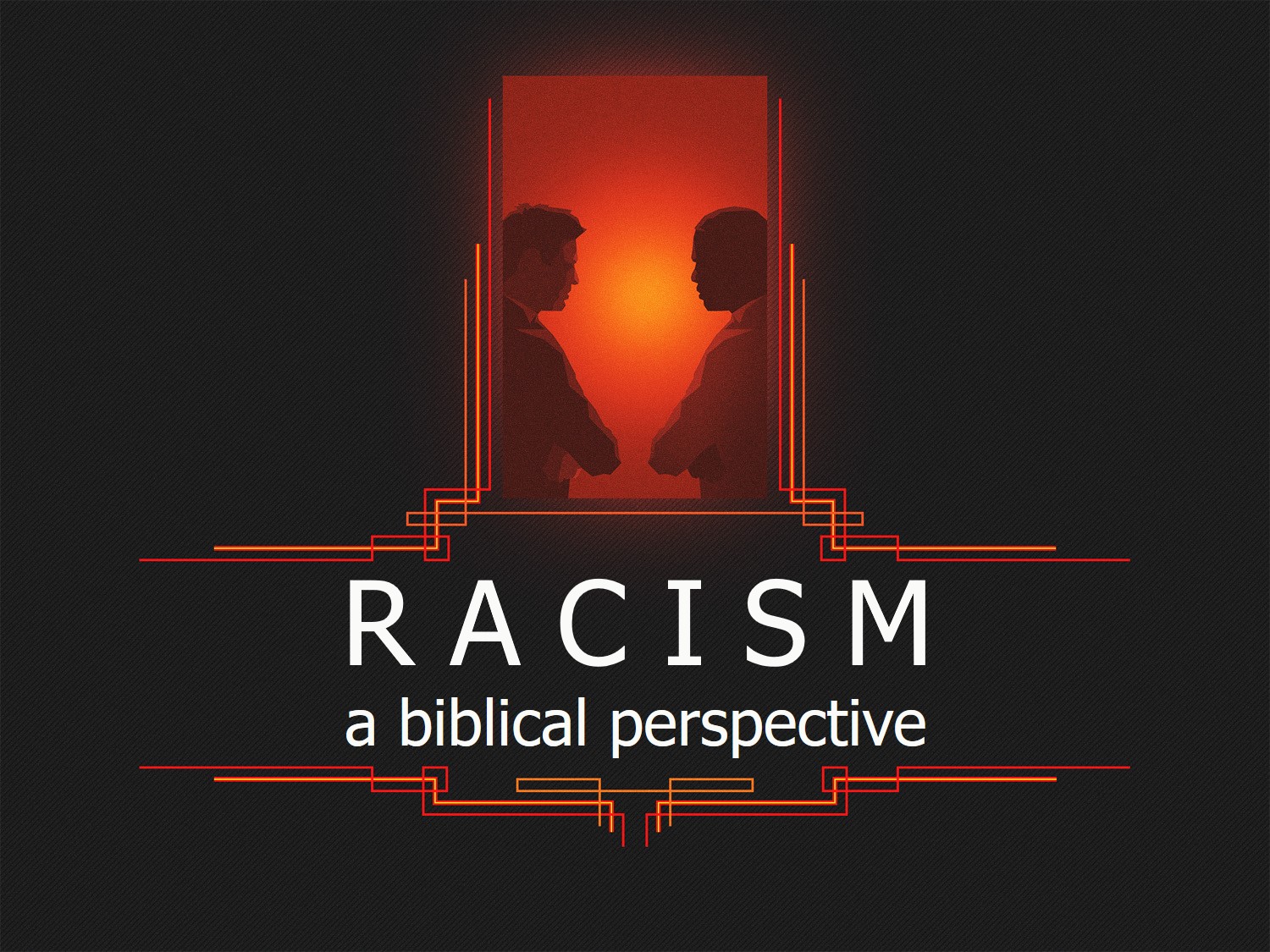Blog
Summaries, Psalms 136-140
Monday, December 16, 2019
Psalm 136 is famous for being the most repetitive psalm in the entire book. It is built around the phrase “for [God’s] steadfast love endures forever.” “Steadfast love” (also translated as “lovingkindness”, “mercy”, and “faithful love”) is a translation of the Hebrew hesed, a word which has no English equivalent. It combines the concepts of love and faithfulness to a covenant. For instance, a husband who displays hesed loves his wife because of the mingling of affection and commitment.
Psalm 136 explains the work of God as the expression of His everlasting hesed. All that He has ever done in time and space is the result of His love for and His promises to His people. This includes His work in creation, in delivering the Israelites from bondage, in giving them the land, and in protecting them in the land. Because He is constant in His love, He is worthy of praise.
Psalm 137 comes from the time of the Babylonian Captivity. It describes the misery of the captives in Babylon. The Babylonians are forcing them to sing the songs of Jerusalem even though the Jews are miserable because of Jerusalem’s destruction. The psalm concludes with a famously raw plea to God to take vengeance on the Edomites, who cooperated with the Babylonians in destroying Jerusalem. It expresses the wish that someone might do to the children of the Edomites as the Edomites had done to the children of the Jews—cruelly bashing their heads against rocks to kill them.
Psalm 138 is a song of thanksgiving to God. It praises His love and faithfulness because He answered the prayers of the psalmist. The psalmist predicts that even the kings of the nations will praise Him because of what they have seen of His works. Even though the psalmist’s life is troubled, God continues to protect him from his enemies. The psalm concludes with a prayer to God to sustain His protection.
Psalm 139 praises the omniscience and omnipresence of God. The psalmist states that God knows not only his actions, but also his thoughts. He knows what the psalmist is going to say before the psalmist does! Everywhere the psalmist might go, God is there with him, and nothing can conceal him from God’s eyes. Indeed, God even knew him in his mother’s womb and watched as he was being formed there.
As a result, the psalmist values God and thinks about him all the time. He asks God to protect him from his enemies and justifies this by pointing out his own faithfulness. He concludes the psalm by asking God to search his heart and lead him in the paths of eternity.
Psalm 140 is another plea for God’s help in trouble. The psalmist’s enemies are causing trouble and setting traps for him. In such a time, the psalmist asks God to hear his prayers while not giving the wicked what they want. In fact, he asks God to punish them instead. He concludes the psalm by expressing confidence in God’s justice.
Rend Your Hearts and not Your Garments
Friday, December 13, 2019
Rend your hearts and not your garments;
Now return to God the Lord;
In His grace and His compassion,
All your loss will be restored.
Hear His voice before His army;
Quickly do as you have heard;
For His day is great and awesome;
He will carry out His word.
Rend your hearts and not your garments,
Every soul that dared depart;
Come with fasting, weeping, mourning;
Come to Him with all your heart.
Slow to anger, great in mercy,
He will hear you and relent;
He will leave you with His blessing
If you only will repent.
Rend your hearts and not your garments;
Call the people to your side;
Gather elders, children, infants;
Bring the bridegroom and the bride.
Weep between the porch and altar;
“Spare Your people!” let them say;
Lest the nations mock His power,
He will answer when you pray.
Baptism and Hebrews 10:22
Thursday, December 12, 2019
When a Scriptural subject is as hotly debated as the necessity of baptism for salvation is, we might assume that the Scriptural witness is somehow unclear. With baptism, though, this is hardly the case. From beginning to end of the New Testament, many texts inform us that baptism leads to forgiveness of sins, washes away sins, gives new life, clothes with Christ, and saves. Without the “help” of false teachers, any reasonable person would read those passages and properly understand the importance of baptism.
This teaching appears not only in passages that explicitly mention baptism, but also in some that do not. Many Christians cite John 3:5 and its context as an example of this, but few pay similar attention to Hebrews 10:19-22. Here, the writer says, “Therefore, brothers, since we have confidence to enter the holy places by the blood of Jesus, by the new and living way that he opened for us through the curtain, that is, through his flesh, and since we have a great priest over the house of God, let us draw near with a true heart in full assurance of faith, with our hearts sprinkled clean from an evil conscience and our bodies washed with pure water.”
In this Scripture, the writer urges us to confidently draw near to God. All told, he enumerates five things that ought to give us the assurance to do so: three heavenly things that are present, and two earthly things that must be present. The three heavenly things are the blood of Jesus, the way that He opened through the veil into God’s presence, and His priesthood over the house of God.
As necessary as these things are, they are not sufficient. Otherwise, even the idolater and the atheist would be able to come into God’s presence without changing anything about themselves. Certainly, the unbelieving Jews of the Hebrews writer’s day would have been able to, which would have nullified the whole point of the book!
Instead, only a limited class is able to take advantage of the way that has been opened. If we want to draw near, our hearts must have been sprinkled clean from an evil conscience and our bodies must have been washed with pure water. Note that the conjunction here is “and”, not “or”. Just as the work of Jesus is not enough by itself, so only one of these things is not enough by itself either. We can’t just think that we have been saved to form a relationship with God. We must have been baptized too.
Indeed, this text even indicates what mode of baptism is appropriate. Sprinkling as it is practiced today is nothing like a washing of the body, nor is pouring (typically, the baptizer only pours water on the head of the baptizee). Only immersion resembles a bodily washing.
The point for us is plain. Either we are in God’s presence, both now and eternally, or we will be outside God’s presence, both now and eternally. If the former is what we want, we have to submit to God’s will to get there, a will that ordains both faith and baptism.
Great to Save
Wednesday, December 11, 2019
Give ear to God on high
Because His word alone
Can bring renewal to the dry
And life to lifeless bone.
Your flesh shall be restored
And covered with new skin,
That all may know He is the Lord
Because you live again.
From the four winds, O breath,
Come breathe upon the slain,
Delivering the dead from death
To make His mercy plain.
Your God, O Israel,
Will raise you from the grave
And bring you to His land to dwell
For He is great to save.
Racism: a Biblical Perspective
Tuesday, December 10, 2019
I am willing to preach on any Biblical topic, no matter how fraught with controversy it may be. However, I must admit that even my spirit quails a little bit at the thought of preaching one of the sermons that has been requested—a sermon on racism. It’s both a very simple and a very complicated topic, and the complications come from our personal and national history with race.
To illustrate this, let me talk about the complications of my own history. Don’t let the lack of accent fool you. The roots of my family tree are firmly in the South! The man in the picture on the screen is my great-great grandfather. His name was Thomas Jefferson Tynes. Though the picture is of him as an old man, in his youth, he fought for the Confederacy. In 1862, at age 16, he lied about his age to enlist in the 6th Virginia Cavalry. For the next three years, he fought with Robert E. Lee and rode with Jeb Stuart. During the Gettysburg campaign, he was wounded. I believe that he fought bravely, as did countless thousands of others who fought for the South.
However, it is also true that my great-great grandfather came from a family of slaveowners. He benefited from and probably participated in cruelty and injustice wreaked upon the innocent. Closer to home, I don’t have any trouble thinking of older relatives of mine who loved me and were good to me, but also were as racist as they could possibly be. They thought and did wrong, but these are my flesh and blood. These are my people, and that makes it complicated.
I say all this for several reasons. First, if you’ve got complications in your backstory too, I totally get where you’re coming from. Second, when we encounter those who speak passionately from their own history and experience, let’s remember to respond with understanding and grace. If somebody looks at my family and says, “What a bunch of evil oppressors!”, I get where they’re coming from too.
Third, though, as present as the past is when it comes to racism, we can’t allow the past to define us. Rather than being conformed to history, we must be transformed by Christ. With this in mind, then, let’s consider racism from a Biblical perspective.
From this perspective, I see three problems with looking down on someone else because of their race. The first of these is that GOD SHOWS NO PARTIALITY. Look at Acts 10:34-35. The context here, of course, is Peter preaching the first gospel sermon to the Gentiles. Why is he doing this? Fundamentally, because everyone is equal in the eyes of God.
The usual racist argument, by anybody against anybody, is that Race X is better than Race Y because members of Race Y aren’t as smart, aren’t as moral, etc. I have two issues with that. First, I don’t think it can be proven. For instance, lots of racists like to point to standardized test scores as evidence, but I suspect that test scores do a much better job of measuring wealth and educational opportunity than they do of measuring intellectual ability.
Second, it’s ungodly to measure anybody’s inherent worth by their ability. Jesus didn’t just die for smart people. He didn’t just die for people who are good at math. He certainly didn’t just die for white people! He died for everybody, regardless of ability, regardless of race, and if Jesus looked at somebody and said, “He’s worth dying for,” who am I to argue?
We have no right to assign to anybody a value different than the one that Jesus assigned, and to Him, everyone is precious. When we consider how to treat others, we’re not supposed to take our cue from our families. We’re not supposed to take our cue from the world around us. We’re supposed to take our cue from the Lord, and His love allows no room for racism.
Second, racism is problematic because IT BELONGS TO THE OLD SELF. Look at Colossians 3:9-11. In this context in Colossians, Paul is talking about the spiritual transformation that Christians are to undergo. There are attributes that Christ calls us to put off, and there are attributes that He calls us to put on. We aren’t to be our old selves anymore. We are to become new creations in Him.
As this text reveals, one of the characteristics of unregenerate humankind is that it assigns different values to people in different categories. We think of racism as a uniquely modern and American problem, but in reality, it’s as old as the tower of Babel. 2000 years ago, there were all sorts of labels that the people of the ancient world liked to assign to each other. You were a Greek, you were a Jew, you were a barbarian, you were a Scythian, you were a slave, and so on. Typically, you sought out the company of people who shared your label, and you sneered at the ones who didn’t. Many of the ancient Roman plays were filled with racial stereotyping. The more things change, the more they stay the same!
Paul says, though, that such a labeling mindset is part of the old way of thinking. Just as Christians are to put aside anger, lying, and dirty jokes, they are to put aside the labeling of racism. Racial labeling is evidence of a mind that has not been renewed in knowledge after the image of God. We’re not supposed to look at people and see skin tone and ethnic background. We’re supposed to look at people and see souls, because that’s what God wants us to see.
The third issue with racism is that WE ARE ONE IN CHRIST. Consider with me Galatians 3:27-29. As Christians, it is wrong for us to evaluate anybody according to characteristics that have no spiritual significance. It’s doubly wrong for us to evaluate one another that way.
I know you’ve heard me tell stories about O.J., a black brother who was part of the Joliet congregation and a dear friend of mine. Sadly, during my last few years in Illinois, O.J. developed brain cancer and died. The man who preached his funeral was John Meyer, one of the former elders there, a man who is as white as I am.
O.J. was an important man in the black community in Joliet. The funeral home was packed, and the only white people there were members of the Joliet church. John began his eulogy by saying, “O.J. was my brother. I’m sure you can all see the resemblance.” He brought the house down!
The thing is, though, I can see the resemblance between John and O.J. They didn’t look a thing alike, of course, but they both loved God, loved His word, and earnestly desired to be more like Jesus. In the things that matter, they were and are brothers, and they loved one another as brothers.
This is how we must be. As I said at the beginning, blood is important. Family ties matter. However, the most important blood in our lives must be the blood of Jesus, and the most important ties, the ties that bind in Christ. Perhaps overcoming racial division is impossible in the world, but it is mandatory in the church. Only when we find unity with one another can we find unity with God.


